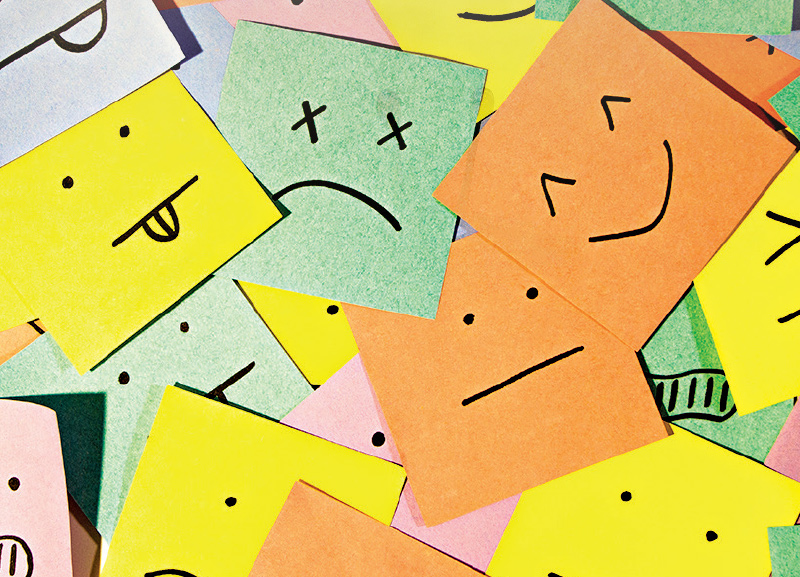

Have you ever encountered a situation where someone might have yelled at you rudely, triggering you to snap back?

Have you ever encountered a situation where someone might have yelled at you rudely, triggering you to snap back? Acting immediately without thinking, as a result of being affected emotionally, is called a reaction. Reactions happen impulsively and often come from pent-up emotions such as frustration or anger. Reacting to situations often worsens them, creating bigger issues. For example, if your friend borrows one of your pencils and loses it, you might yell at them, telling them how careless they are. This might hurt them. Moreover, they might react by saying something to you that could lead to a bitter argument. Thus, a reaction could aggravate a situation rather than improve it.
On the other hand, if you take time to respond rather than react, you will be able to handle the situation more effectively. Taking time to calm down and view the situation empathetically will help you communicate better. Reflecting on the situation might help you understand that your friend didn’t lose your pencil intentionally. You could deal with the situation patiently by telling them that you understand that they did not lose the pencil on purpose. Responding to the issue with this approach will help you resolve it gracefully, helping you build healthy relationships.
While a reaction could lead to regret as it is quick and fuelled by emotions, a response could lead to a considerate outcome as it is driven by thought, reflection and clarity. Your day-to-day activities and relationships are influenced by your choice of reacting or responding. So, the next time you feel triggered, pause and think about how you can respond rather than react.
Suggest 10 ways in which your peers can release their pent-up emotions.





